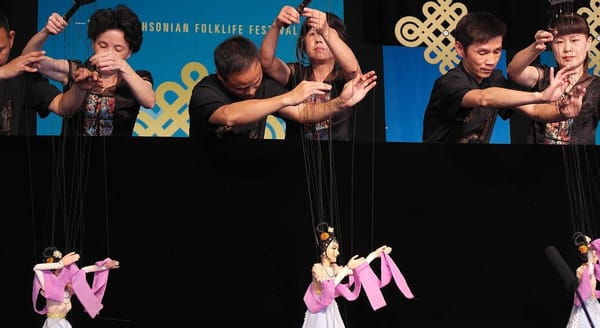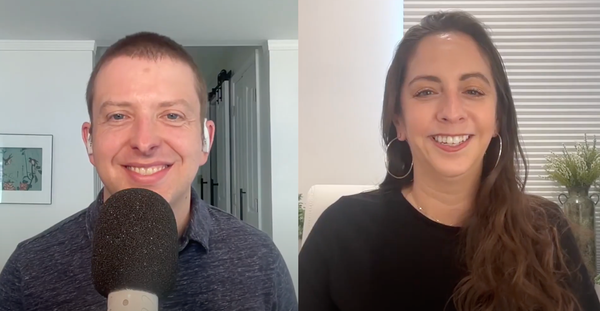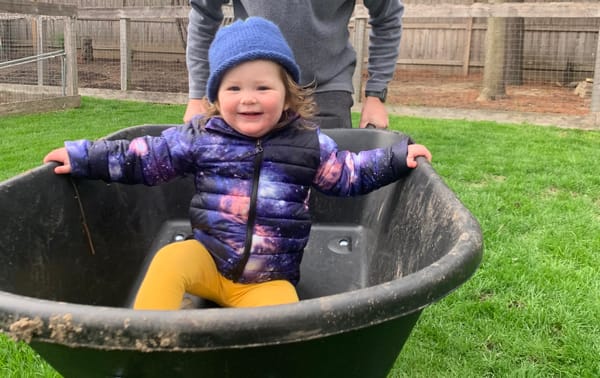
Media Notes: A thoughtful, humane life with tech
And other post-vacation reading and listening recs

And other post-vacation reading and listening recs

Going back to the Latourian well for more social inspiration

What I've been reading and listening to while I get my life back together

Gratitude for five years of student insight in Adapting Christian Formation

On the wisdom of mourning rituals and the stories evoked by images

A metaphor for the value of keeping our distance?

Hoping to resume regular posts next week

A conversation with researcher Dr. Angela Gorrell

Press play for pop Advent vibes

Thoughts on having fun amid dire socio-political chaos
Remembering 2016, appreciating a wide range of analysis-toward-action

Read to the end for some surprisingly creepy faces sustained through a song that is great but NOT. SHORT.